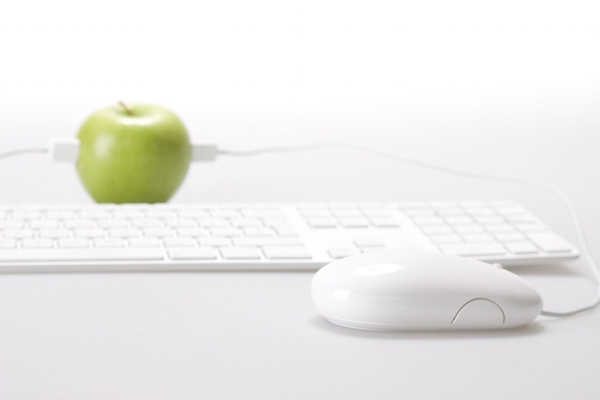TUESDAY, Sept. 6, 2016 (HealthDay News) — MRI scans in the first trimester of pregnancy do not appear to pose any risk to the fetus, researchers report.
They analyzed data from more than 1.4 million births in the Canadian province of Ontario between 2003 and 2015, to compare women who had first-trimester MRIs with those who did not. Their children were followed up to age 4.
Having an MRI in the first trimester did not increase the risk of stillbirth, birth defects or death soon after birth, and it did not increase the risk of vision loss, hearing loss or cancer in the first four years of life, the study found.
An MRI is believed to be safe for the fetus in the second or third trimesters of pregnancy, but there has been a lack of information about its safety during the first trimester, when the fetus forms its major organs and body structures.
“Concern about MRI exposure stems from the concern that the [fetal] tissues are heated by the radiofrequency fields of the MRI,” although there is little evidence from animal studies to suggest any dangers to the developing fetus, said Dr. Mitchell Kramer. He is chairman of obstetrics and gynecology at Northwell Health’s Huntington Hospital in Huntington, N.Y.
And that is what the Canadian study found.
“Having an MRI at the earliest stages of pregnancy does not seem to alter the development of the fetus,” study author Dr. Joel Ray, a researcher at St. Michael’s Hospital in Toronto, said in a hospital news release.
The researchers also compared women who had an MRI with the contrast agent gadolinium at any point in pregnancy with those who did not have an MRI. There was a slightly higher risk of stillbirth or newborn death among women who had a gadolinium-enhanced MRI, but the number of such events was low in the study.
There was also a slightly higher risk of skin conditions among children born to women who had a gadolinium-enhanced MRI.
Despite the low number of problems associated with gadolinium, the findings support clinical guidelines to avoid giving pregnant women gadolinium unless absolutely necessary, Ray said.
Kramer agreed.
“Since gadolinium MRI at any time in pregnancy is associated with a slight increased risk of skin conditions as well as stillbirth and neonatal [newborn] death, a gadolinium contrast MRI should be avoided if possible,” he said.
The study was published online Sept. 6 in the Journal of the American Medical Association.
MRI (magnetic resonance imaging) is a noninvasive test that doctors use to diagnose and treat medical conditions, according to the Radiological Society of North America.
More information
The Radiological Society of North America, American College of Radiology has more on MRI during pregnancy.
Copyright © 2026 HealthDay. All rights reserved.

